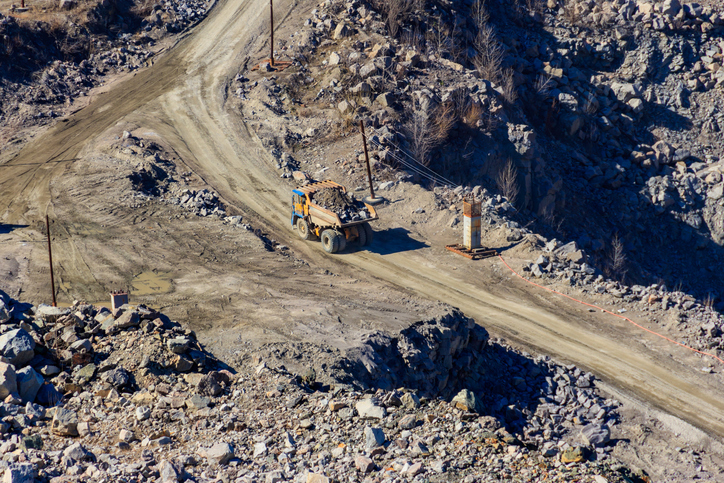During the waning days of the administration of then President Donald Trump, the U.S. Bureau of Land Management approved a proposed lithium mining operation near Thacker Pass, Nevada.
The Biden administration supports this mine.
The Lithium Nevada Corporation had hoped to break ground early this year, but ongoing environmental litigation has stalled progress.
Lithium is a critical mineral in the batteries used in most modern electronics and in the technologies, like electric cars, which the Biden administration is mandating to replace power plants and vehicles using fossil fuels.
Lithium Mining is Big Business
The world price of lithium carbonate skyrocketed following the UN COP26 climate conference in Glasgow, Scotland, rising from $13,125 per metric ton in July to $41,480 by yearend.
Last September President Biden reiterated his demand that half of U.S. vehicles sold by 2030 be electric vehicles.
In the pandemic year 2020, EV sales totaled 252,548, less than 2 percent of the 14,240,036 passenger cars and light trucks sold. To meet Biden’s goal, the United States alone will need 28 times the current number of EV batteries used globally each year.
Most lithium carbonate is currently obtained via hard-rock mining in Australia or underground brine reservoirs in Chile and Argentina, then shipped mostly to China for processing.
Nevada’s Thacker Pass lithium deposit is estimated to be the largest in the United States, and one of the largest untapped lithium resources in the world.
In updating the strategic mineral plant developed by the Trump administration in 2020, the Biden Administration June 2021 strategic plan directs federal agencies to expedite domestic production of lithium and other critical minerals. The Biden plan includes a 10-year, $17 billion program in the Department of Energy to develop a domestic lithium battery supply chain for powering electric vehicles.
The Interior Department is leading a task force to identify U.S. sites where critical minerals can be produced and processed, with a goal of achieving domestic “sustainable production, refining, and recycling” of all 17 rare-earth metals used in cellphones, cars, and magnets, while meeting high environmental standards.
Balancing Interests
It is vital to national and economic security that the United States develop domestic resources of lithium and other critical minerals, says Ann Bridges, coauthor of Groundbreaking: America’s New Quest for Mineral Independence.
“Some things simply require a linear timeline to build, and in this case, despite years of warning of shortfalls in supply of both lithium and copper, and others, there simply have not been enough mines permitted around the world to meet forced demand, by which I mean market forces aren’t controlling these demands, politicians are by placing deadlines on conversion to green energy,” Bridges said. “The 1981 National Environmental Policy Act [NEPA] requires a balance between mining needs and the environment and specifically recognizes that mining advances civilization.
“By law environmental concern must be incorporated into mine site permitting and planning, but they are not allowed to block all mining,” said Bridges. “The courts will have final say, ultimately, but the whipsawing of executive orders and bureaucratic rules every 4 years does not lend assurance.”
Duggan Flanakin (dflanakin@gmail.com) writes from Austin, Texas.
